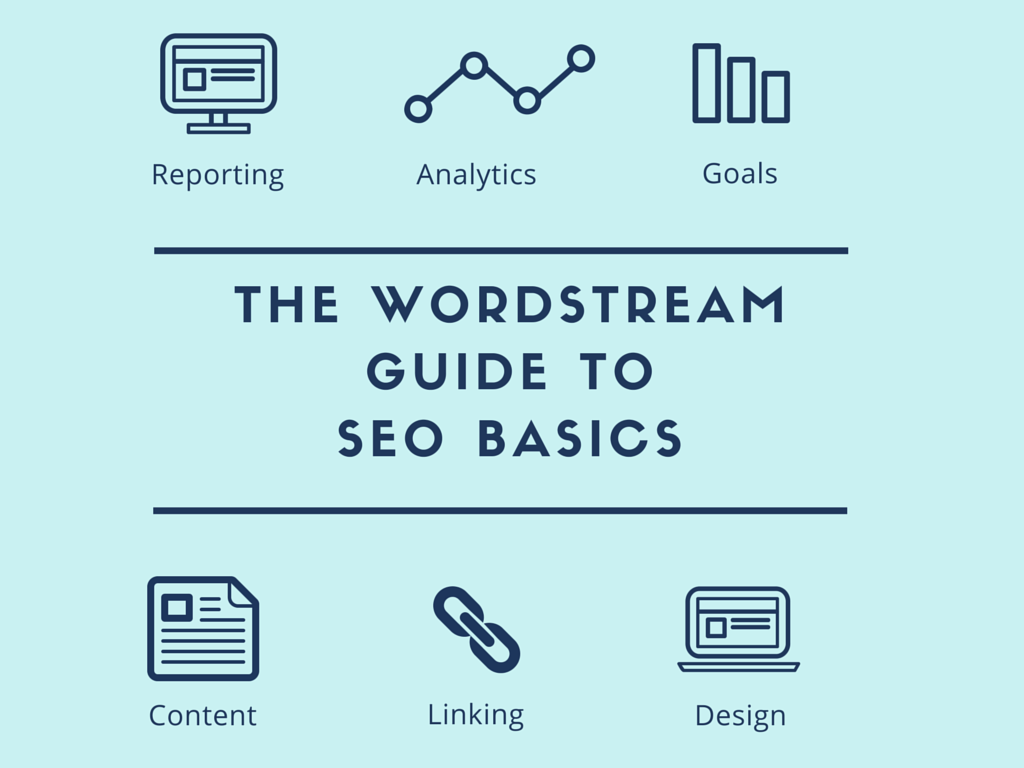Market Compass: Unlock Powerful Search Engine Optimization Strategies for Enhanced Exposure
Market Compass: Unlock Powerful Search Engine Optimization Strategies for Enhanced Exposure
Blog Article
The Comprehensive Guide to Implementing Search Engine Optimization Management Techniques That Drive Organic Web Traffic and Rise Involvement
By recognizing the core principles of Search engine optimization and carrying out an organized approach that includes comprehensive keyword research study and on-page optimization, organizations can drive considerable organic web traffic. Checking out the nuances of these methods not only exposes the capacity for enhanced visibility but likewise highlights the critical elements that can make or damage a successful Search engine optimization initiative.

Recognizing Search Engine Optimization Fundamentals
A strong understanding of SEO principles is necessary for any type of electronic advertising strategy. At its core, SEO, or Look Engine Optimization, includes optimizing a web site to enhance its presence on internet search engine like Google. Because greater presence can lead to increased organic website traffic and better user engagement., this procedure is crucial - Market Compass.
Secret parts of search engine optimization include on-page optimization, off-page optimization, and technical SEO. On-page optimization describes the components on a website itself, such as content high quality, meta tags, and customer experience. Off-page optimization encompasses external variables like back links and social media existence, which can influence a site's authority and position.
Technical search engine optimization concentrates on the backend framework of a website, ensuring it is crawlable and indexable by online search engine. This consists of facets such as website speed, mobile-friendliness, and secure connections (HTTPS) Recognizing these aspects is vital, as they work in tandem to boost a website's efficiency.
Furthermore, search engine optimization is a recurring process that needs continual adaptation to search engine algorithm updates and developing individual behaviors. Establishing a strong structure in search engine optimization basics eventually prepares for more advanced strategies that can drive sustained natural growth.
Conducting Effective Key Words Research
Carrying out efficient keyword study is crucial for optimizing electronic web content and guaranteeing it lines up with customer intent. This procedure entails recognizing the terms and expressions that possible consumers make use of when looking for items or details relevant to your service. By understanding these keywords, you can tailor your web content to fulfill the requirements of your target market, eventually driving even more organic web traffic.

Consistently review and upgrade your keyword list, as fads and customer actions develop over time. This recurring process ensures that your Search engine optimization efforts stay effective and lined up with industry changes.
Maximizing On-Page Elements
Using reliable on-page optimization strategies is vital for improving the presence and relevance of your content in internet search engine outcomes. On-page elements, such as title tags, meta descriptions, headers, and pictures, play an essential duty in communicating great post to read the purpose and context of your websites to browse customers and engines alike.
First, make sure that your title tags are succinct, appropriate, and include key keywords. This not just help search engines in comprehending the content but additionally urges customer click-throughs. In a similar way, meta summaries need to be engaging and detailed, summarizing the page web content while including targeted key words.
Headers (H1, H2, H3) help structure your content and improve readability. Incorporating key words in these headers can supply extra context for search engines, further enhancing your page. Furthermore, making use of detailed alt text for images enhances accessibility and can boost picture search rankings.
Enhancing User Experience
An optimal customer experience is pivotal for retaining visitors and encouraging interaction on your site. Developing a seamless trip for users not just enhances contentment but additionally reinforces your Search engine optimization efforts.
Mobile responsiveness is similarly important, offered the enhancing variety of customers accessing sites using tablet computers and smartphones. Guaranteeing your website adapts fluidly to different display dimensions can dramatically improve usability.
Intuitive navigating enables individuals to locate info easily, which enhances the possibility of them exploring even more web pages on your website - Market Compass. Executing a clear menu structure, breadcrumb routes, and a durable search attribute can further enhance this procedure
In addition, high-quality content that attends to individual demands straight adds to a favorable experience. Applying aesthetically appealing design aspects while keeping readability is essential.
Measuring and Evaluating Results
The efficiency of individual experience strategies can be assessed through precise dimension and analysis of outcomes. To achieve this, companies need to establish clear Trick Performance Indicators (KPIs) that straighten with their search engine optimization goals. Metrics such as organic traffic, bounce rate, session duration, and conversion rates provide valuable insights into customer engagement and general site performance.
Making use of visit their website devices like Google Analytics and Browse Console enables for extensive data collection and check that analysis. These systems enable companies to track user actions, recognize high-performing material, and pinpoint locations requiring improvement. Consistently reviewing these metrics assists in a positive approach to search engine optimization monitoring, permitting groups to adapt techniques based on real-time information.
Furthermore, A/B screening can be an important method for examining modifications made to the customer experience. By comparing user interaction levels prior to and after executing alterations, business can identify the effectiveness of their approaches.
Final Thought
In final thought, the execution of extensive Search engine optimization monitoring approaches is important for improving web site presence and driving organic traffic. By focusing on foundational aspects such as keyword research study, on-page optimization, and customer experience, companies can dramatically enhance interaction.
Performing efficient keyword research is pivotal for maximizing digital material and guaranteeing it aligns with individual intent. Regularly revisit and upgrade your keyword phrase listing, as trends and user behavior evolve over time. Developing a smooth trip for customers not just improves contentment yet additionally boosts your SEO efforts.The performance of user experience techniques can be determined through meticulous measurement and evaluation of results. By focusing on foundational elements such as keyword research study, on-page optimization, and user experience, services can significantly enhance interaction.
Report this page